Iran president urges cooperation among gas exporters to fight US hegemony, sanctions
Iran’s President Ebrahim Raeisi has called for further cooperation among gas exporting countries to circumvent US sanctions imposed on some members.
He made the remarks in an address to the sixth summit of the Gas Exporting Countries Forum (GECF) in the Qatari capital city of Doha on Tuesday.
“The international community must prevent and not recognize any unilateral and coercive measure, such as cruel US sanctions against the oil and gas industries of the forum’s member states,” Raeisi said.
“With awakened and free nations in today’s world, the use of sanctions to impose the hegemonic will and demands of a country on independent states has no effect and function. Nevertheless, it endangers the economic interests of GECF member states.”
The Iranian chief executive also noted that an interactive environment between the gas exporting countries can ensure the individual interests of each member state in the form of a collective strategy based on joint cooperation.
As one of the countries with the largest natural gas reserves in the world, Iran has a very high capacity for the production, transmission, and export of natural gas and greater participation in ensuring the security of the global energy supply, he added.
“Despite the cruel, unilateral, and illegal US sanctions, the Islamic Republic has been able to increase its natural gas production and implement large and valuable projects in the oil and gas sectors by relying on the capabilities of its dedicated experts and using domestic companies and localized technical knowledge.”
‘Iran turned US max pressure into disgraceful failure’
Raeisi hailed Iran’s achievements in different sectors despite illegal sanctions, saying the country’s progress has prompted US officials to acknowledge the “disgraceful” failure of their maximum pressure campaign.
“In spite of the enemies’ will, the Islamic Republic has made significant progress in various fields, including those under the most severe sanctions and pressure,” he said at a meeting with a group of Iranians residing in Qatar.
“Today, that progress has prompted US authorities to officially acknowledge that the policy of maximum pressure has suffered a disgraceful defeat in the face of the maximum resistance of the Iranian nation.”
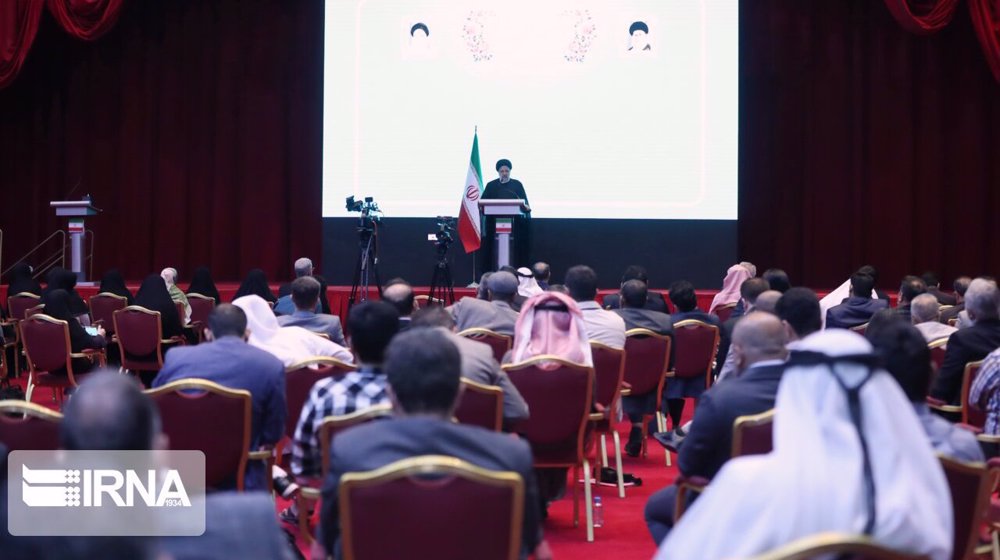
Former US president Donald Trump launched what he called the maximum pressure policy against Iran in 2018 after he pulled Washington out of the 2015 multilateral agreement with Tehran, claiming he could “get a better deal” than the one reached under his predecessor Barack Obama.
Trump also declared that he intended to compel Iran to negotiate a deal that would restrict the Islamic Republic’s ballistic missile program and Tehran’s influence in its own region.
Iran flatly refused to negotiate a “Trump deal” and rejected his repeated calls to hold talks at any level. As tensions soared to the highest levels in decades with the tightening of US sanctions, Iran started in 2019 to reduce its nuclear obligations under the deal as per its contractual rights.
Tehran has repeatedly denounced as “economic terrorism” the inhumane US restrictive measures, which are also maintained by Trump’s successor, President Joe Biden.
Also in his remarks, Raeisi invited the Iranian diaspora active in the economic sector to help boost Iran’s exports to the region.
Doha has a serious will to expand its trade and economic relations with Tehran, so the Iranians living in Qatar can play an effective role in this regard, he added.
Raeisi further expressed his satisfaction with the measures, which are being taken in Iran to facilitate investment and economic activities.
He also stressed that his government has put the available capacities for cooperation with neighboring countries at the center of Iran’s foreign policy.
Ultimately, Iran’s bold step to tame unruly inflation beast
‘Maduro abduction has Zionist tint’: Venezuela’s acting-president
Russia, China urge Maduro’s release after US abduction
Recently launched Iranian satellites successfully enter in-orbit testing stage
VIDEO | Protesters in Paris slam Israel’s revocation of NGO licenses in Palestine
Israeli minister lays claim to Gaza, West Bank, calls Palestinians 'temporary guests'
Hamas: US strike on Venezuela, kidnapping of Maduro ‘grave violation of intl. law’
VIDEO | Lebanon commemorates martyrdom anniversary of General Soleimani


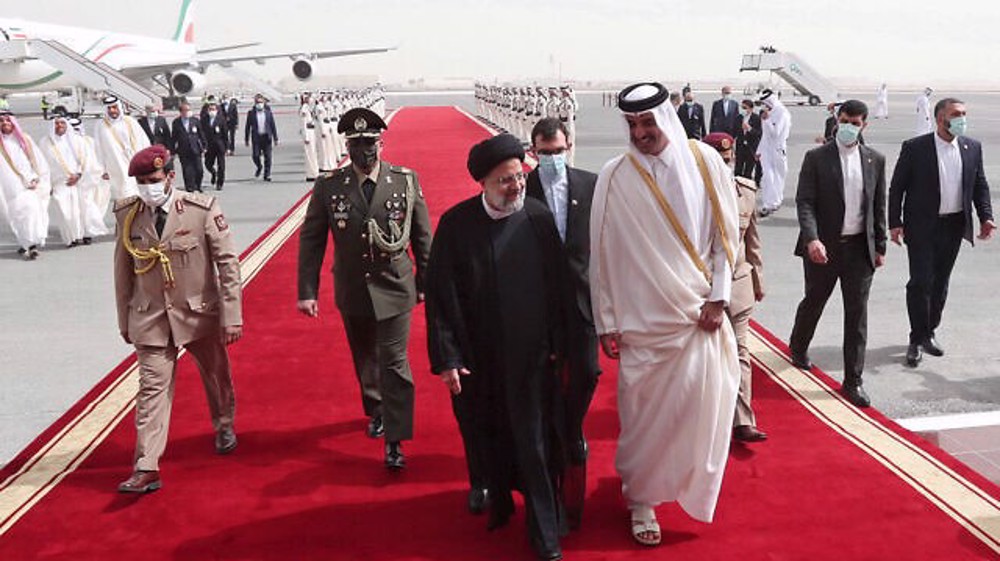

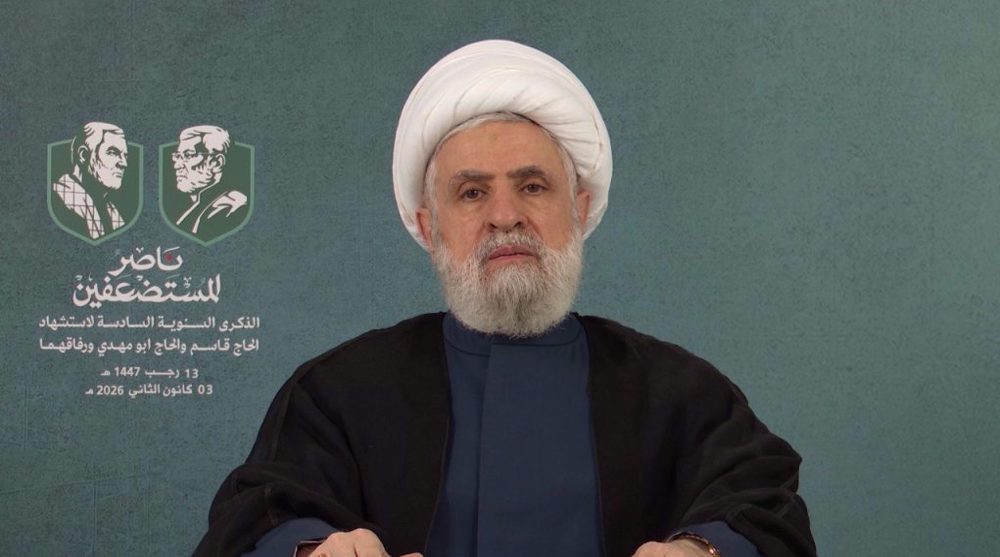
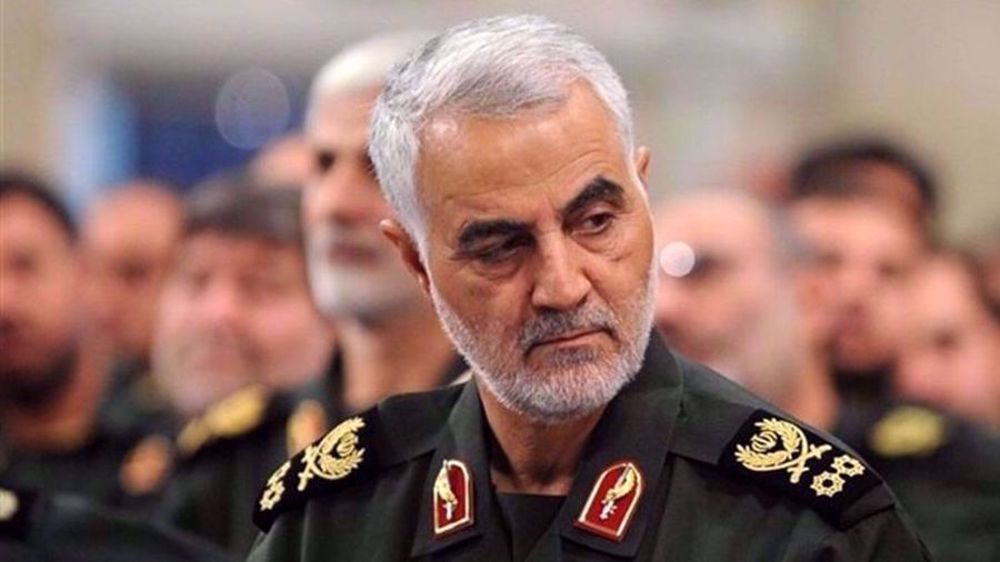



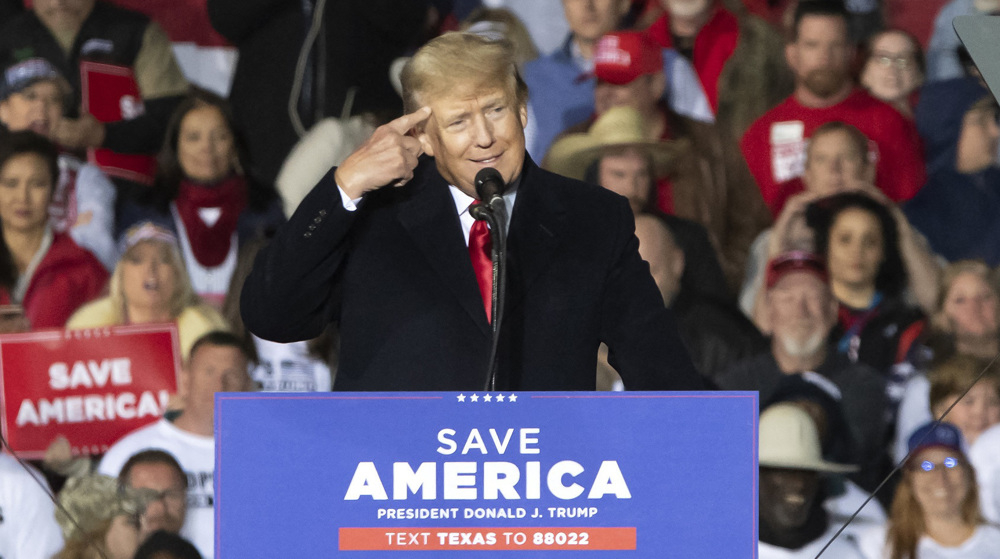
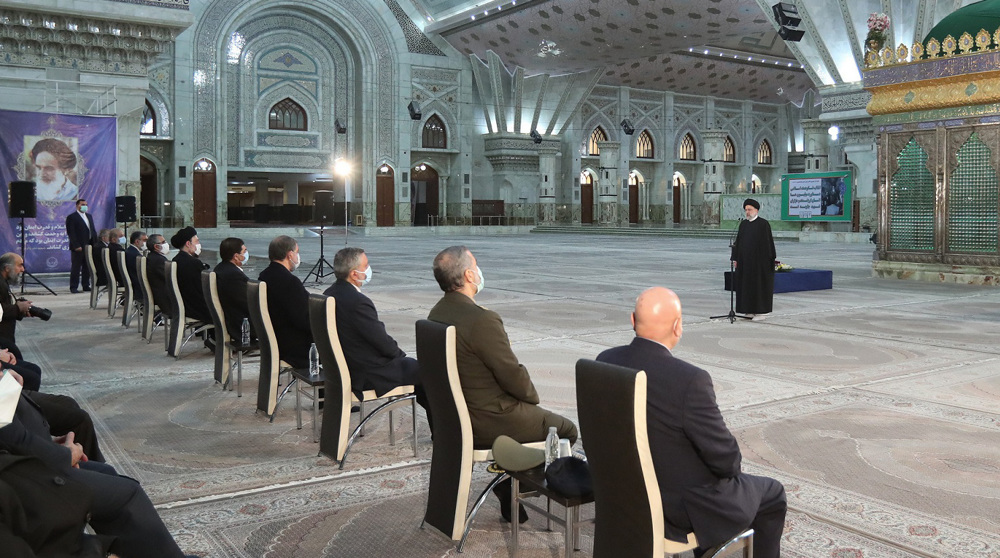
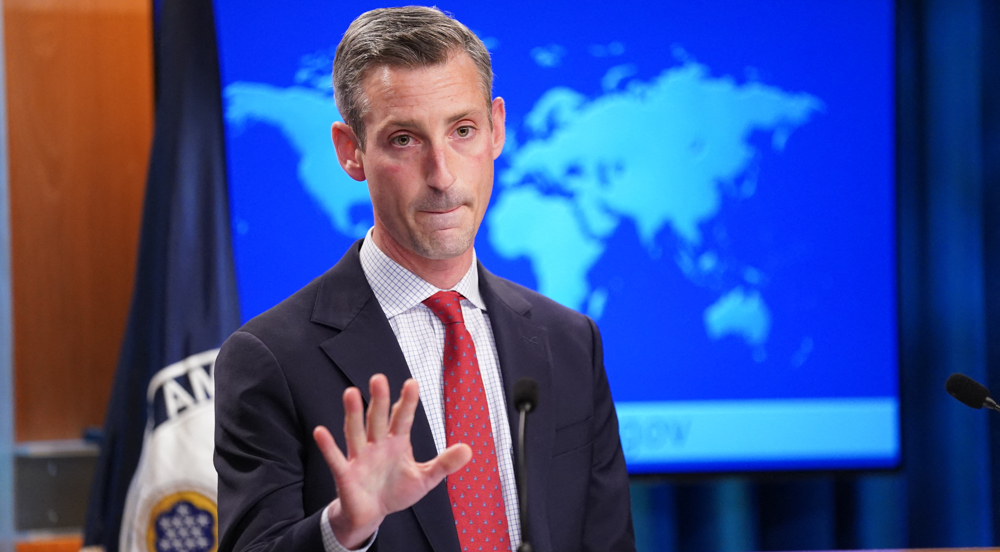
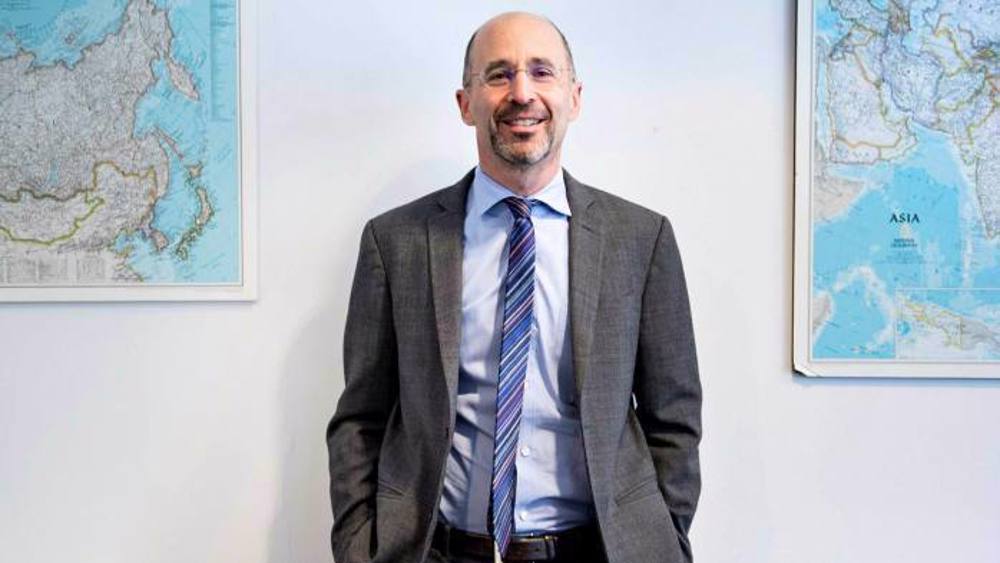
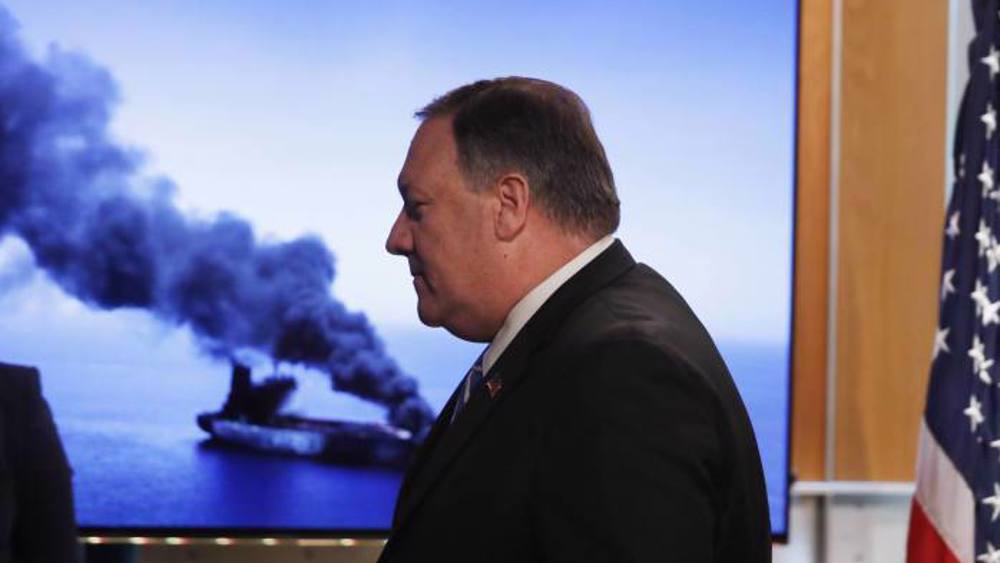

 This makes it easy to access the Press TV website
This makes it easy to access the Press TV website